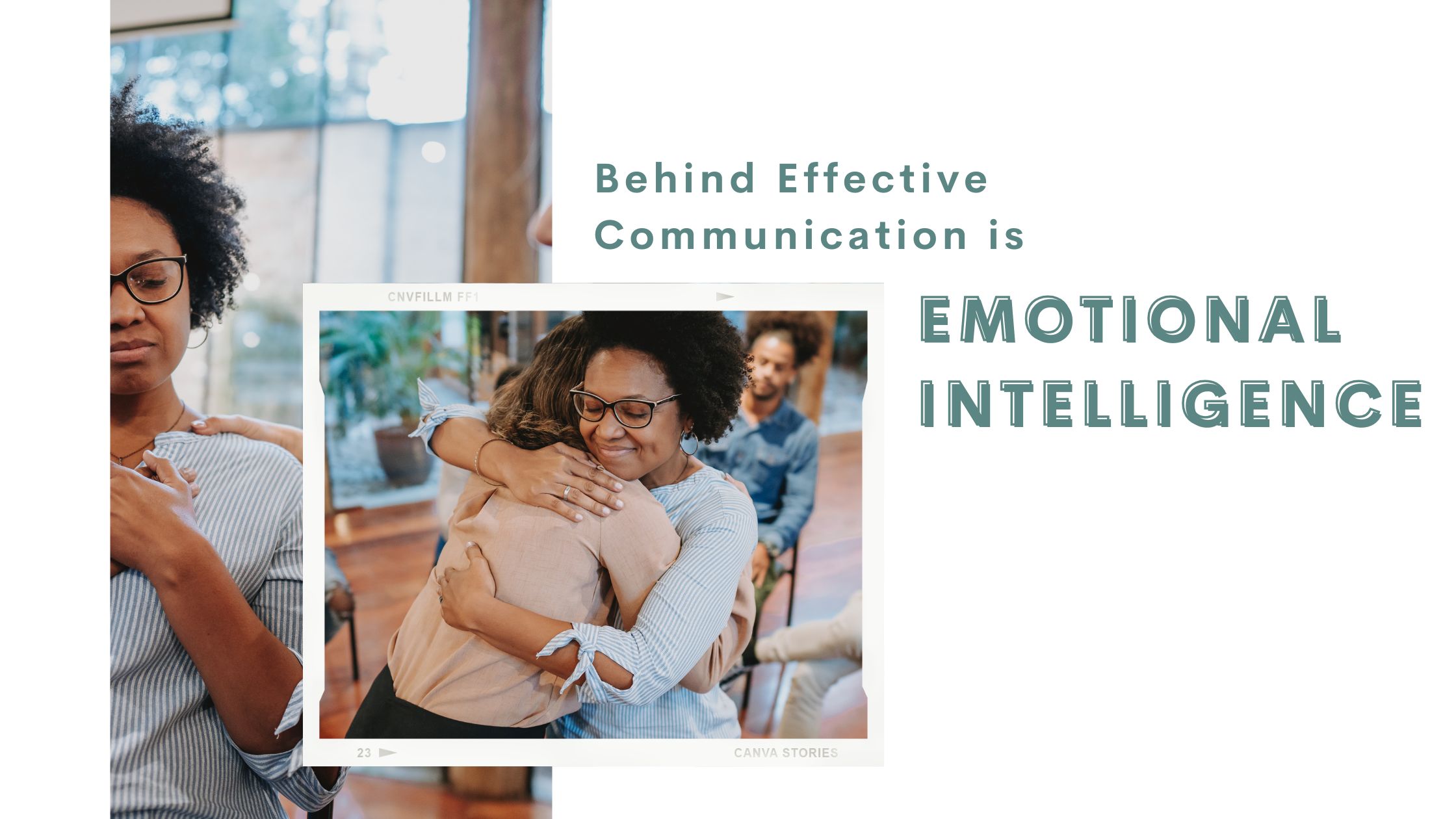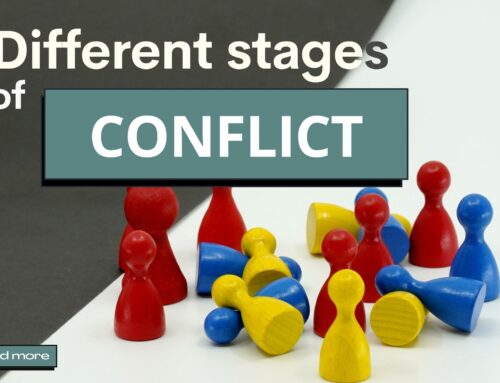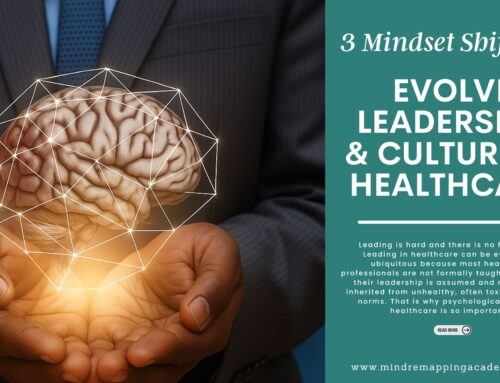
In this episode, I share the essential components of effective communication and the factors that influence how we express ourselves. Drawing from my expertise in trauma-informed communication and emotional intelligence, I explore the importance of recognizing emotions and how they shape our responses. Join me as we uncover barriers to effective communication and learn how to break them down, one root cause at a time.
Key Takeaways:
- What is Emotional Intelligence? – Emotional intelligence bridges the gap between our thoughts and feelings, helping us connect authentically with ourselves. It influences how we listen and helps us do so without labels or assumptions.
- Toxic Positivity in Black Communities – In many communities, especially certain cultures, only positive emotions are accepted. This creates “toxic positivity,” where staying positive is valued over true feelings. It’s harmful because it blocks people from processing emotions like sadness, anger, or fear—essential for growth and healing.
- Rediscovering the Mind-Body Connection – Reconnecting with the body means becoming aware of the messages it sends about our emotions. By pausing and tuning in, we can identify what our body is telling us.
- The Power of Naming Our Feelings – When we make it a habit to label our emotions, we can better understand ourselves and communicate more effectively with others.
Helpful Resources:
- Emotional Regulation – Emotional regulation means finding ways to control our reactions, especially when emotions are overwhelming. This helps us express our needs and feelings calmly and constructively.
- Valuing Soft Skills – Core skills like communication, emotional intelligence, trust, and psychological safety are often assumed in leaders but rarely prioritized. Ignoring these skills can lead organizations to foster toxic environments.
Notable Highlights:
“Emotional intelligence is the ability to identify, name, honor, accept, regulate, and effectively communicate what we label as emotions.”
“In certain cultures and upbringings, emotions are not seen as acceptable unless they’re positive, which contributes to the concept of toxic positivity.”
Follow Dr. Maiysha on Social media
Facebook: www.facebook.com/DrMaiysha
Instagram: www.instagram.com/DrMaiysha
Twitter: www.twitter.com/DrMaiysha
Youtube: www.YouTube.com/DrMaiysha
Hosted by: Dr. Maiysha Clairborne
Communication is the foundation of everything and everything happens in communication. If you’re ready to take your communication to the next level, our Communication That Transforms course dives deep into creating psychological safety, handling crucial conversations, navigating conflict, and cultivating trust in a way that truly leaves the people in your life feeling seen, heard, respected and valued. It will transform how you lead and how you show up in all of your relationships . Learn more and register at www.mindremappingacademy.com/ticc. If you are a leaders and your employees or teams are struggling with team dynamics, consider taking them through our new “Communications That Transforms” group cohort.
See the full course breakdown and get a free preview of key modules to experience the value. Go to https://mindremappingacademy.com/course-catalogue and schedule a call with Dr. Clairborne at www.mindremappingacademy.com/corporate-programs










